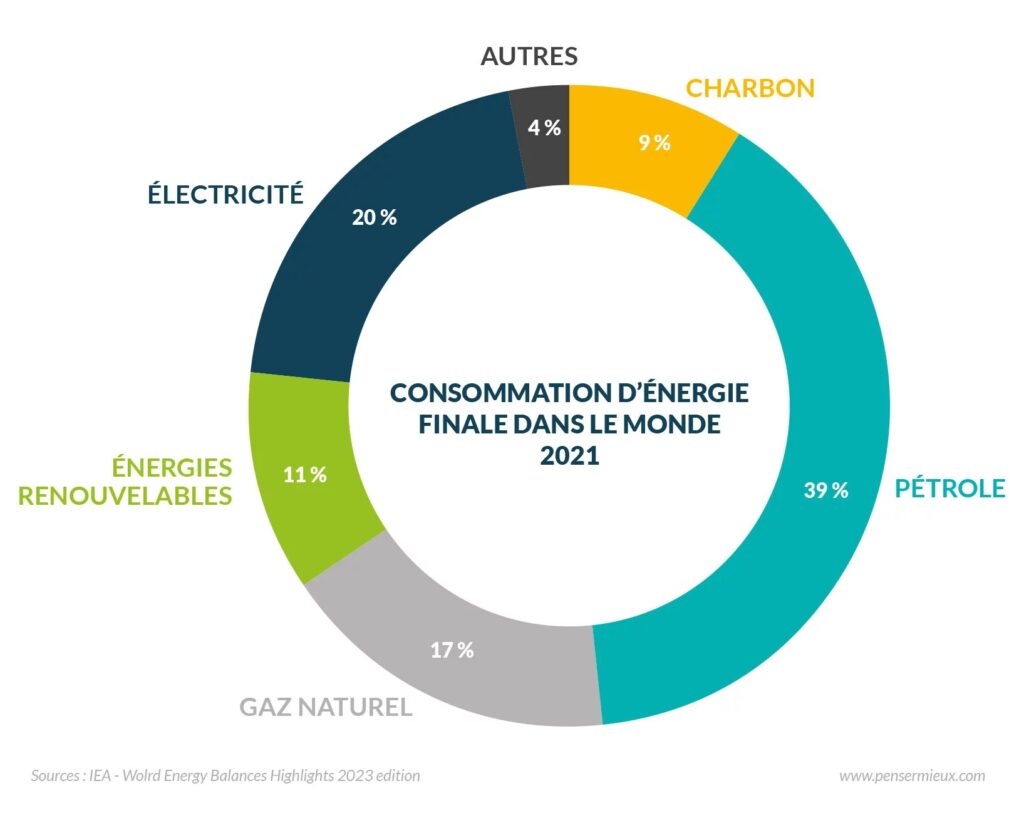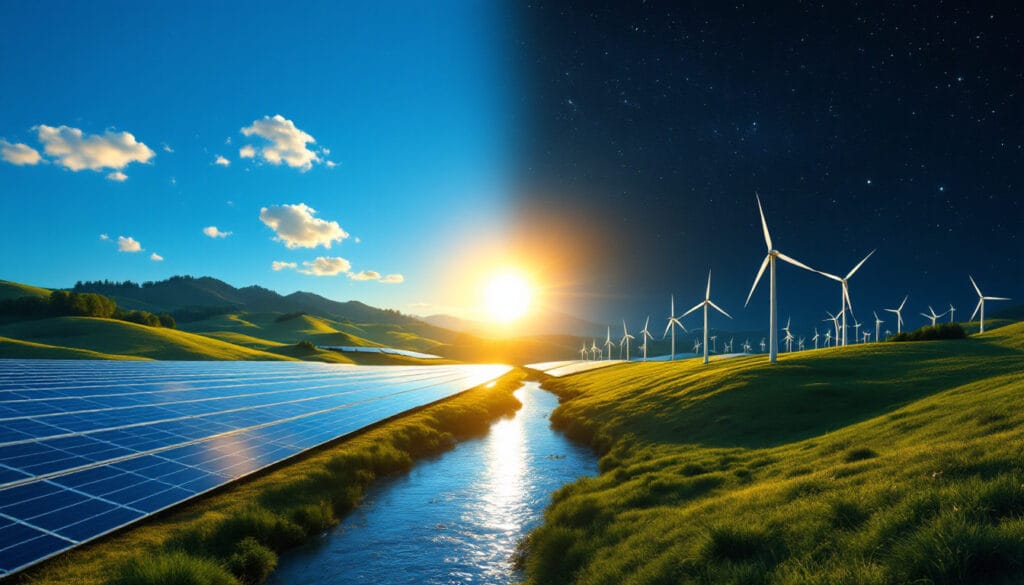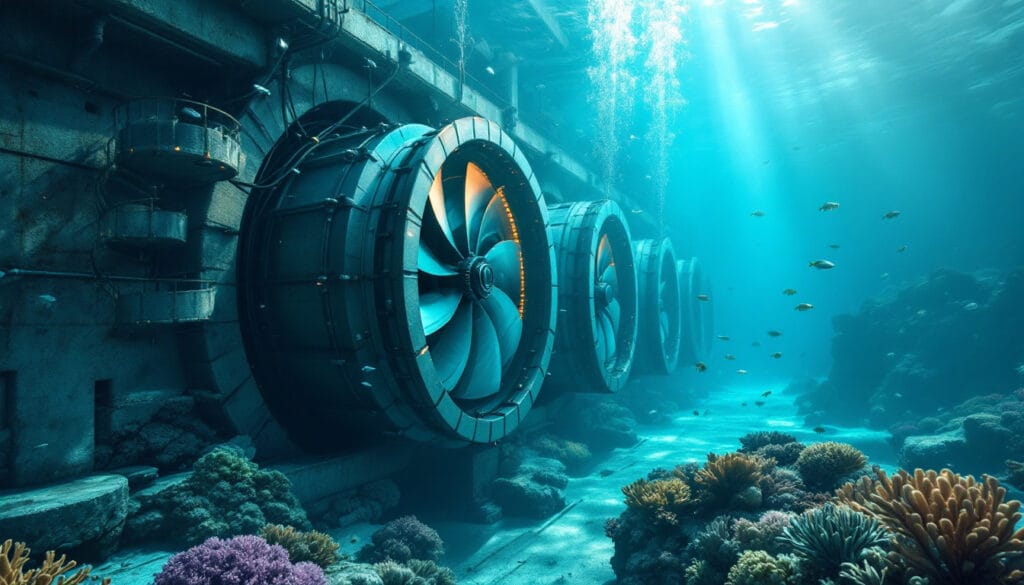In our approach towards a more sustainable future, it is crucial to grasp the concept of final consumption. This notion encompasses the expenditures made by households to acquire consumer goods, which serve to satisfy their daily needs or pleasures. Including consumption financed by individuals themselves, as well as that covered on their behalf by administrations, it represents an essential part of our energy economy. Understanding the distinction between final and intermediate consumption helps to better assess our environmental impact and fosters informed decisions regarding sustainability.
In the economic field, the concept of final consumption holds great importance. It refers to the expenditures that households allocate to the purchase of consumer goods, which are finished products intended for direct use to satisfy needs or desires. Final consumer goods generally lead to their direct destruction, meaning they are not used to produce other goods or services.
The final consumption expenditure of households encompasses all sums dedicated to these purchases. It is defined by Insee as the sum of consumption financed by households and that financed on their behalf by administrations, for example, in the form of subsidies. This definition includes expenditures made for physical goods such as food, clothing, and services such as medical care, education, etc.
It is essential to distinguish final consumption from intermediate consumption, the latter referring to goods and services consumed in the production of other products. Intermediate consumption contributes to the creation of added value within a company, while final consumption marks the end of the production cycle, when the product reaches its ultimate destination in the hands of the consumer.
To explore in more detail the energy consumption of households and industries, it is also crucial to understand the distinctions between final energy consumption and other forms of consumption. Final energy consumption specifically refers to the energy used by final users such as households, industries, and services. It does not include energy used in transportation or energy production.
Aspects related to final consumption are subject to various factors and issues, notably environmental impact and the sustainability of the resources used. With a growing awareness of ecological issues, it becomes imperative to consider how to reduce the environmental footprint of consumed goods and services. In this regard, initiatives like those undertaken by Germany to reorganize cost-sharing to integrate more renewable energy into the grid are essential: Link to the relevant article on Germany.
Furthermore, for a broader view of the implications and national energy strategies, a comprehensive analysis of the energy balance is essential: Understanding the Energy Balance.
In summary, final consumption represents a key element of the economy and, by extension, of our daily lives. It influences not only markets and production but also the ecological impact of our society. Therefore, better understanding it helps to guide more sustainable choices, both at the individual and institutional levels, to ensure a balance between meeting needs and preserving the planet.

FAQ: Understanding Final Consumption
Q: What is final consumption of households?
A: The final consumption of households refers to the expenditures made by households for the purchase of goods and services intended to satisfy their needs or desires.
Q: What is the difference between final consumption and intermediate consumption?
A: Final consumption concerns the goods and services used directly by final consumers, while intermediate consumption involves the use of goods and services to produce other goods and services.
Q: How is final consumption expenditure defined?
A: Final consumption expenditure encompasses household expenditures, as well as those financed by administrations, for the purchase of goods and services for consumption.
Q: What is effective final consumption of households?
A: It represents the sum of expenditures directly financed by households, as well as those made for them by other entities, such as public administrations.
Q: What is the final consumption of public administrations?
A: The final consumption of public administrations includes expenditures made to produce final goods and services intended for the community.
Q: What is the link between final energy consumption and final users?
A: Final energy consumption refers to the use of energy by final users such as households, industries, and services.
Articles similaires
Thank you!
We will contact you soon.













